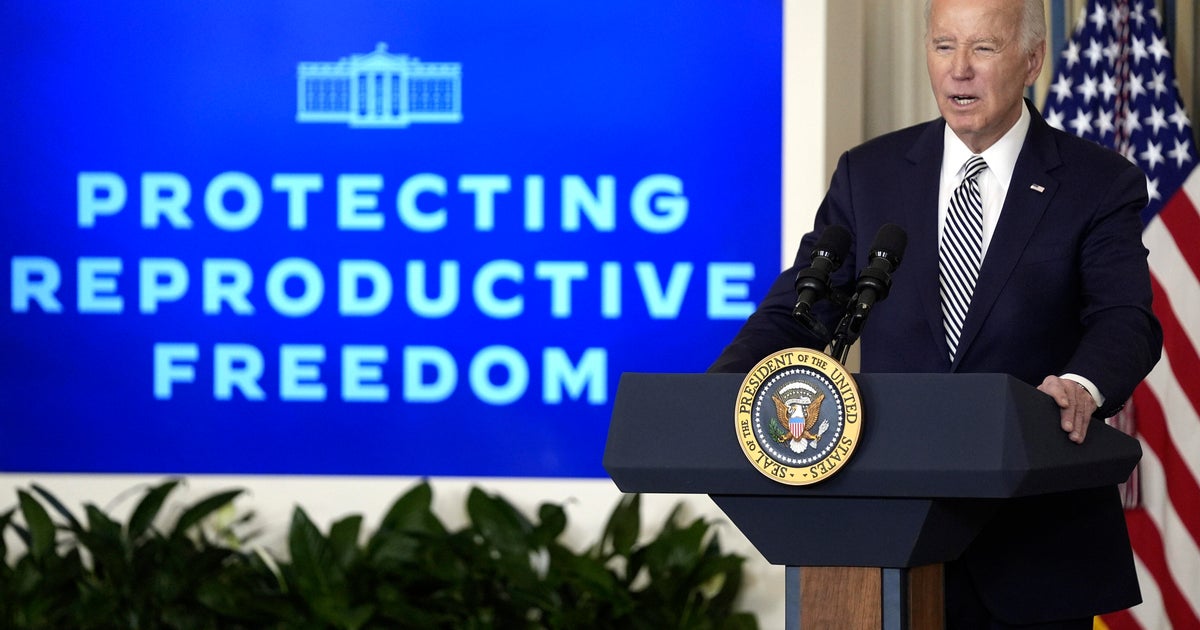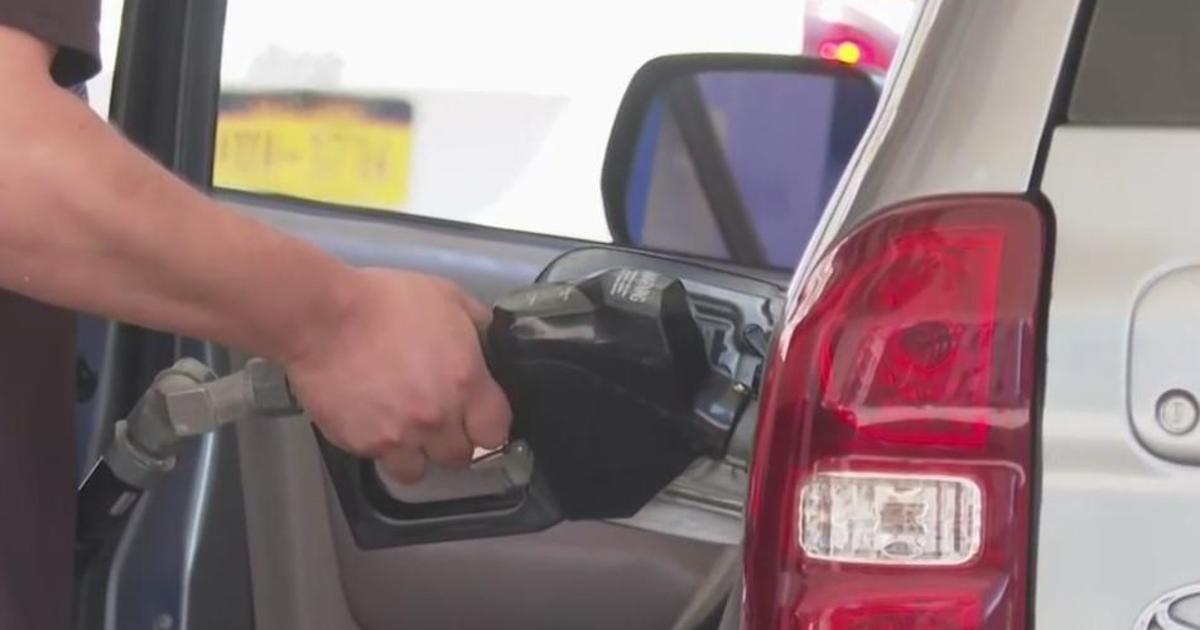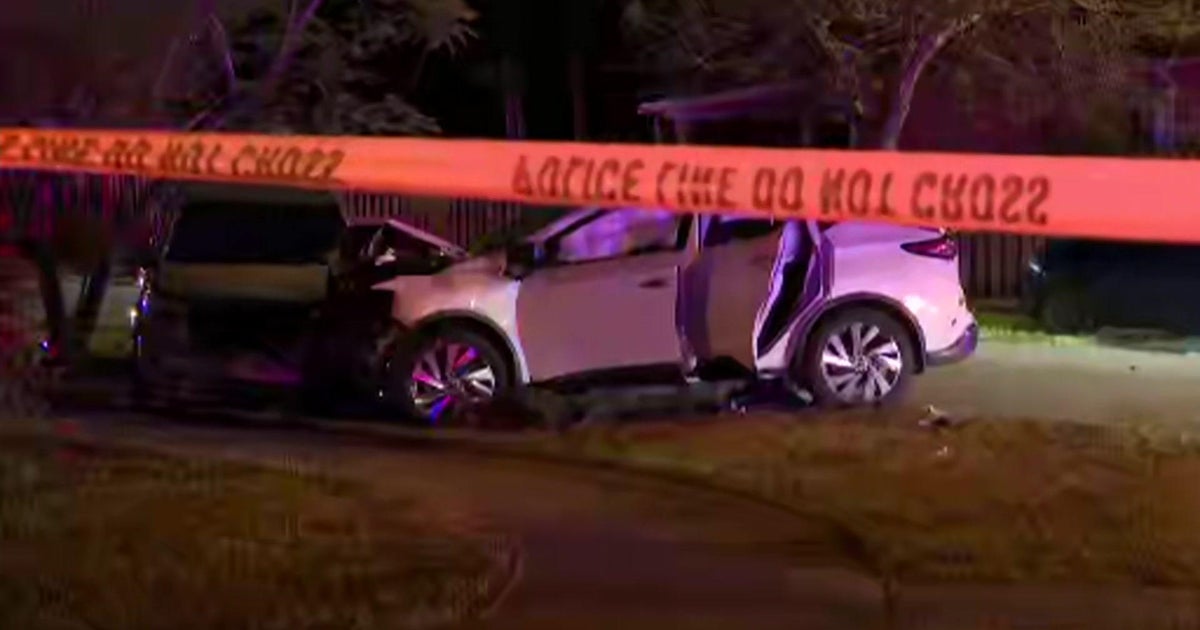Venezuela's Maduro Election Win Slammed As Sham
Follow CBSMIAMI.COM: Facebook | Twitter
WASHINGTON (CNN) -- Socialist President Nicolas Maduro has won another six years in power in crisis-hit Venezuela, in an election that the political opposition and Western powers have denounced as a sham.
Many eligible voters boycotted Sunday's vote, bringing turnout to a lackluster 46%, according to the country's election board. Participation was far below the 80% rate in 2013 when Maduro rose to power after the death of veteran leader Hugo Chavez.
Maduro gave a victory speech at a rally in central Caracas on Sunday night, after the electoral board declared him the winner.
"I am a better-prepared president and human being right now," he said to a cheering crowd outside Miraflores presidential palace. "You trusted in me and I will respond. Thank you for giving me 68% of those votes."
Several countries, including the United States, have said they would not recognize the vote's results, while the European Union and some Latin nations warned before the vote that the election was shaping up to be unfair.
US Secretary of State Mike Pompeo said earlier on Twitter: "Sham elections change nothing. We need Venezuelan people running this country ... a nation with so much to offer the world," he wrote.
Maduro brushed off comments from US officials that the vote lacked legitimacy.
"There has been a fierce campaign by the government of Donald Trump. In the United States, there has been a fierce pressure to try to besmirch the Venezuelan elections -- and they couldn't," Maduro said earlier Sunday.
He added that he would be open to dialogue with the "empire" of the United States.
"If the government of the United States wants to dialogue at some point, I am open to dialogue. If the other right-wing countries that are supported by the US want to dialogue, I am open to that," he said.
The main opposition coalition boycotted the election, but Maduro was not without challengers.
Maduro's chief rival for the presidency was Henri Falcon, a former state governor and onetime loyalist of the ruling party who broke ranks in 2010. About 5.8 million votes went to Maduro and Falcon came in second with 1.8 million votes, with 92.6% of the votes tallied.
On Sunday, Falcon said he would not recognize the results and cited hundreds of complaints of election violations. Election officials said they would address the claims.
"In such circumstances, we have serious, serious questions on our part and in addition to the questioning that we may have about the process, without any doubt it lacks legitimacy and in this sense, we do not recognize this electoral process," Falcon said.
Inflation to hit 13,000%
Maduro has continued the huge social welfare programs and price control policies of former leader Hugo Chavez, who steered the country toward socialism. Many Venezuelans saw Chavez as the champion of the poor. Before he died, Chavez picked Maduro as his successor, which helped put Maduro over the top in the 2013 presidential election.
The oil-dependent country has under the two leaders' rule endured political tumult and economic misery, including food and medicine shortages, and hyperinflation.
Venezuela holds the world's largest supply of crude oil -- which once seemed like an endless gusher of cash for the government. But plummeting oil prices crashed the economy in 2016 and it has since completely collapsed. The country now finds itself in the middle of a financial crisis, and the International Monetary Fund expects inflation in Venezuela will reach 13,000% in 2018.
Amid widespread economic anxiety, Maduro also said the country will enter a "new phase" and fight against "the mafias" to revamp the economy.
But for many poor Venezuelans, soaring inflation has made every day a struggle.
"Nothing is normal," said citizen Carmen Herrera. "The little bit of money that we earn is not enough to buy even half dozen eggs."
"I would like to see a change because at this rate we're not going to get anywhere."
Because of the deteriorating situation, an estimated 1.6 million people fled the country between 2015 and 2017, according to the International Organization for Migration.
Falcon campaigned on a platform to revamp the Venezuelan economy. He believes the way out of the financial crisis is the dollarization of the country's currency, bringing it in alignment with the US dollar.
"The hunger situation, the misery, the uncontrolled political situation that our country lives in is truly alarming," Falcon said Sunday, as he cast his ballot.



